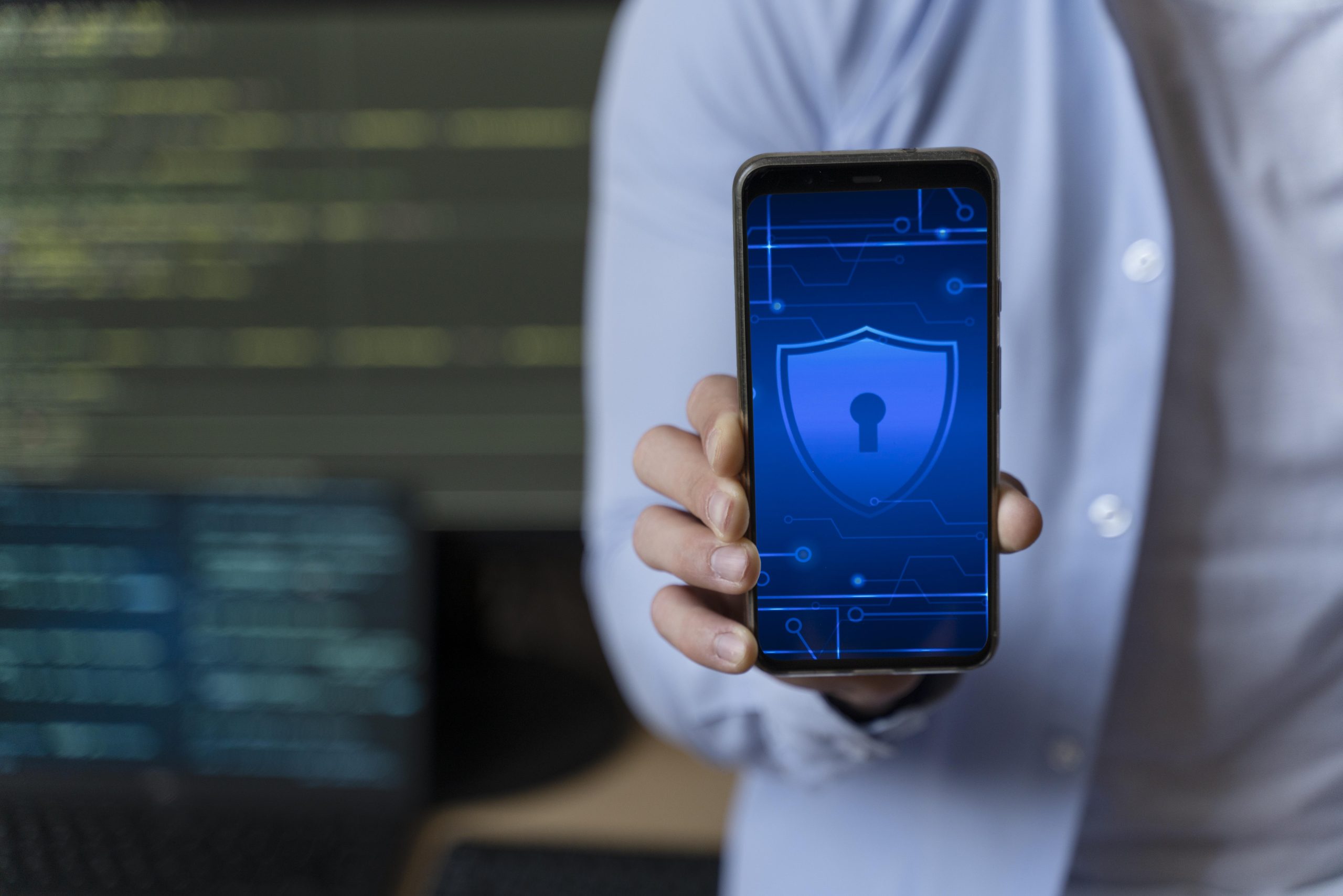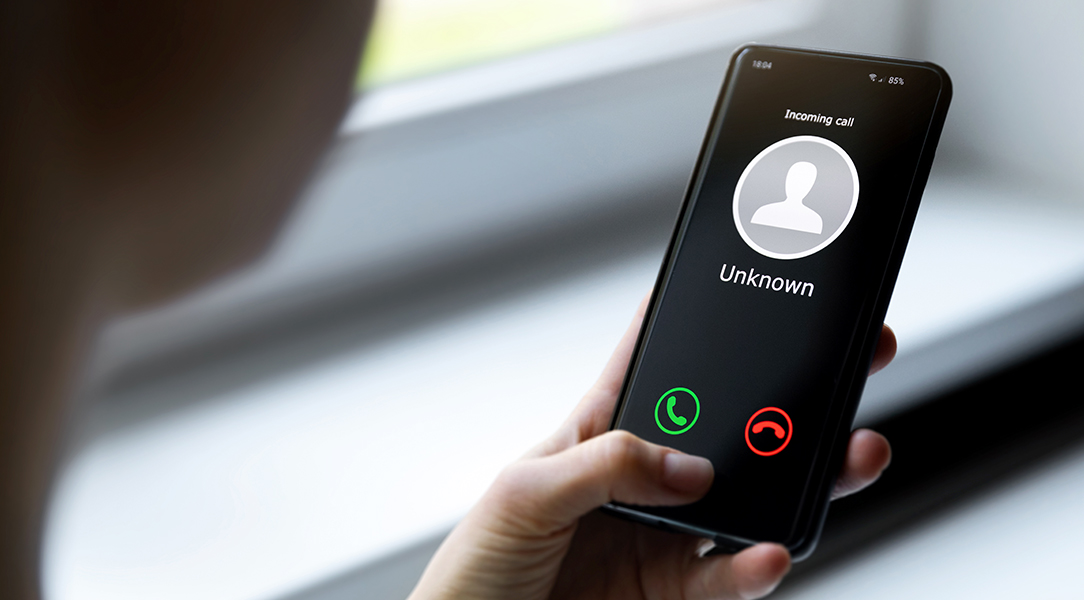Bring Your Own Device (BYOD) policies have become popular for their ability to enhance employee satisfaction, productivity, and cost savings. However, it is important to also acknowledge the security concerns associated with these policies. Unprotected communication poses a significant risk, leaving confidential business conversations vulnerable to interception. IBM found that 45% of data breaches involved a malicious attack, with many attacks successfully infiltrating data through unsecured employee-owned devices.
In this blog post, we will explore the security challenges of BYOD policies, the importance of establishing device policies, strategies to mitigate risks, and introduce Sotera SecurePhone as a comprehensive solution for secure mobile communications.
Security Challenges of BYOD Policies
BYOD policies present various security challenges, with unprotected communication being a substantial risk. In today’s world, commercially accessible mobile spyware is on the rise, potentially compromising confidential business communications. Even popular encrypted messaging applications like WhatsApp and Signal have limitations when it comes to safeguarding highly sensitive conversations, leaving organizations exposed to potential breaches.
The Importance of Establishing Device Policies
To mitigate the risks associated with BYOD policies, businesses must establish clear device policies that account for different subject matters and levels of confidentiality. Implementing tiered security based on the sensitivity of conversations is essential. Organizations can significantly reduce the risk of data breaches and unauthorized access by using appropriate communication devices.
Three Strategies to Mitigate BYOD Risks:
Categorize Communication Levels
Categorize conversations based on their sensitivity, importance, and potential impact on the organization. Once you’ve created this categorization you can identify the appropriate security measures for each level. For instance, confidential client discussions may require stronger encryption and authentication protocols than internal team collaborations.
Implement Device Policies
Implementing device policies tailored to the organization’s specific needs is crucial. These policies may include approved device lists, device management solutions, and user education. Organizations can significantly enhance their overall security posture by strictly enforcing device policies.
Establish Clear BYOD Policies and User Training
Set clear guidelines for employees to follow when using their personal devices for work. These policies should address topics such as acceptable use, device configuration, and the installation of approved applications. By providing regular training and awareness programs, you can educate employees about potential risks and best practices for secure mobile usage.
Introducing the Sotera SecurePhone:
To address the limitations of existing solutions and provide end-to-end security for mobile communications, we created the Sotera SecurePhone. The SecurePhone was designed to provide total protection for highly confidential conversations, that until now, have gone unprotected or could not be done over the phone.
This innovative device protects all three layers of the mobile phone: apps, operating system, and hardware. It is a point-to-point solution that creates a completely protected communication channel when communicating with another SecurePhone, ensuring peace of mind for highly confidential conversations.
Key Features of Sotera SecurePhone:
- Complete end-to-end encryption: The Sotera SecurePhone encrypts its operating system, hardware and proprietary apps, making interception virtually impossible.
- Ultra-secure operating system: The Sotera SecurePhone operates on the same OS that secures the U.S. nuclear arsenal, high-grade military aircrafts, and NASA/DOD space systems.
- Out-of-the-box security: Start using the Sotera SecurePhone the moment you receive it. Built-in security means you don’t have to wait and install any additional protection.
The importance of prioritizing security in BYOD policies cannot be overstated, considering the potential risks associated with unprotected communication. Leveraging a secure device like Sotera SecurePhone becomes crucial for organizations that handle highly confidential conversations.
By evaluating existing policies and adopting strategies to mitigate risks, businesses can safeguard the confidentiality and privacy of their most sensitive conversations. With its end-to-end encryption, secure hardware, and comprehensive protection, Sotera SecurePhone provides the peace of mind needed to ensure the security of mobile communications.
Don’t compromise on security. Contact us today to learn how to protect your business’s most valuable information with Sotera’s SecurePhone.



